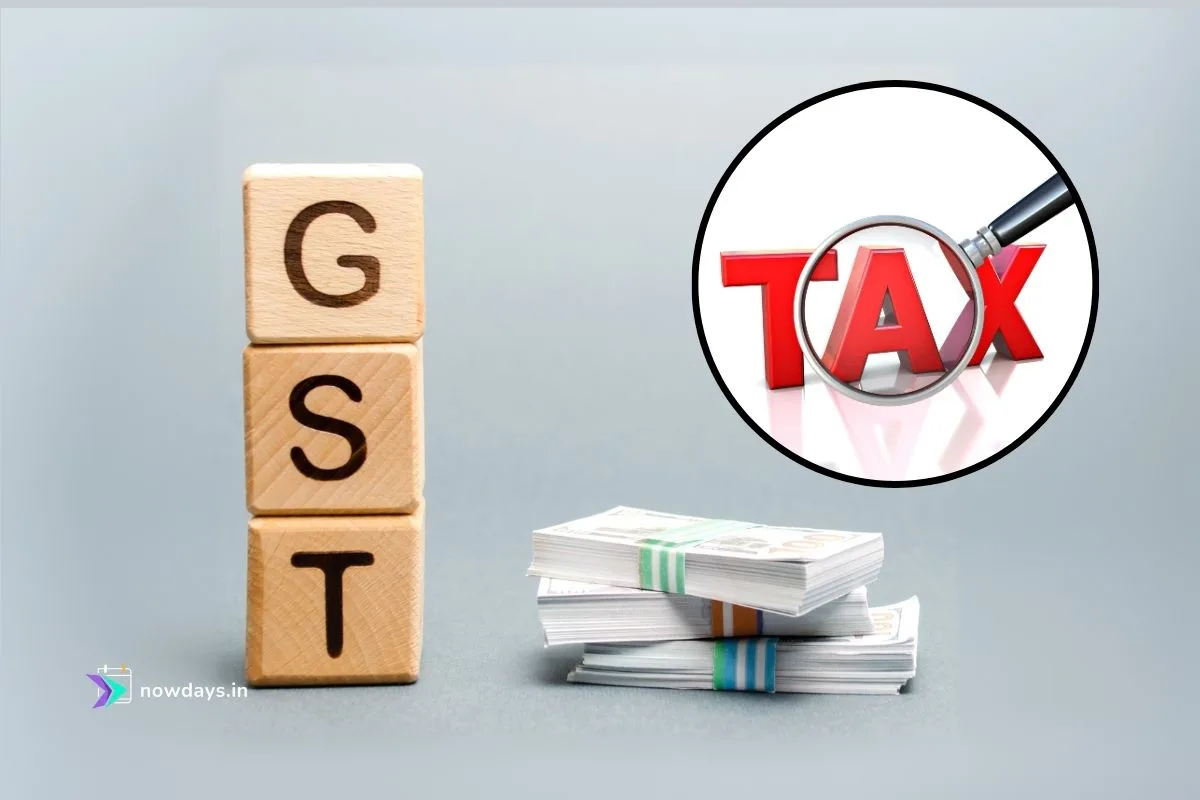In a fiery online exchange that has captivated social media and political circles, Congress spokesperson Ragini Nayak unleashed a pointed remark against TV anchor Chitra Tripathi, sparking widespread debate over its intent and implications. The phrase, which quickly went viral, appears to blend humor with criticism, but its underlying tone has led many to question whether it was a deliberate satirical dig or an impulsive jab amid escalating tensions. As the controversy unfolds, it highlights the blurred lines between personal attacks and political banter in India’s media landscape.
The Spark: A Heated Spat Between Nayak and Tripathi
The incident traces back to August 24, 2025, when Nayak shared an old video clip of Tripathi on social media, accusing the anchor of bias in favor of the ruling party during debates. Tripathi responded by referencing Nayak’s recent electoral defeat in the Delhi Assembly polls, escalating the feud. Nayak fired back with the now-infamous line, linking a budget hotel chain to a prominent actor-turned-politician, in what seemed like a veiled reference to Tripathi’s associations.
पहली बात-कांग्रेस से प्यार करती हूँ,पार्टी ने चुनाव लड़ाया,मैंने मेहनत से लड़ा
— Dr. Ragini Nayak (@NayakRagini) August 27, 2025
कांग्रेस हर सीट पर हारी,मैं भी हारी
फिर लड़ाएँगे फिर लड़ूंगी क्योंकि जिससे प्यार करती हूँ निभाती हूँ पर आप ये कहॉं समझ पाएँगी
दूसरी बात-OYO से रविकिशन तक जनता ने किसकी आरती कहॉं उतारी मैं नहीं बोलूंगी… https://t.co/wri2HFyElS
Nayak later clarified her stance in a follow-up post, emphasizing that her words were a retort to perceived unprofessionalism, but she stopped short of retracting them. The phrase gained traction on platforms like X and Instagram, amassing thousands of shares and memes, with users interpreting it as a clever yet cutting commentary on public figures’ personal lives.
This isn’t Nayak’s first brush with controversy; she previously filed a police complaint against another media personality for alleged on-air abuse, underscoring her readiness to confront perceived biases. The episode has drawn parallels to past media-politics clashes, where sharp rhetoric often blurs into personal territory.
Key Points: Decoding the Phrase and Its Context
- The Phrase’s Origin: It emerged during an online argument, seemingly alluding to rumors or public perceptions without direct accusations, blending a hospitality brand with a celebrity name for dramatic effect.
- Nayak’s Background: A seasoned Congress voice and former journalist, Nayak has been vocal on women’s issues and party defenses, using social media to amplify her views.
- Public Backlash: The remark prompted Tripathi to threaten legal action, while Nayak demanded accountability, turning it into a broader debate on journalistic ethics.
- Viral Spread: Hashtags like #OYOseRaviKishanTak trended, with over 50,000 mentions on X within days, reflecting its meme-worthy appeal.
Expert Opinions: Satire or Crossing the Line?
Analysts are divided on Nayak’s intent. Political commentator Swati Chaturvedi, in a Hindustan Times column, described it as “sharp satire aimed at exposing hypocrisy,” suggesting Nayak used humor to counter media favoritism. “In a polarized environment, such phrases resonate as clever comebacks, but they risk escalating into defamation,” she noted, drawing from similar incidents involving public figures.
On YouTube, channels like those hosted by media critics, with videos garnering over 200,000 views, analyze the exchange. One expert remarked, “It’s classic political satire—using wordplay to imply without stating, much like viral memes during elections. But in India’s context, it treads a fine line between free speech and personal attack.” They referenced past cases, like comedian Kunal Kamra’s spats with anchors, where satire often led to legal battles.
Legal experts weigh in cautiously. In a Free Press Journal report, a defamation lawyer stated, “If intended as satire, it could be defended under free expression, but proving malice might invite lawsuits.” Public reactions on Reddit threads show support for Nayak’s boldness, with users calling it a “much-needed roast” of biased reporting, while others decry it as unprofessional.
Communication scholars from institutions like Jamia Millia Islamia argue it’s reflective of evolving digital discourse. “Phrases like this thrive on ambiguity, allowing plausible deniability while landing the punch,” said a professor in an interview, citing studies on social media rhetoric.
Read more: RTI reveals Gujarat govt spent ₹8.81 crore on ads celebrating Modi’s 23 years in office
Analyzing the Controversy: Implications for Media and Politics
This spat underscores the intensifying friction between politicians and journalists in India, where social media amplifies every exchange. Nayak’s choice of words, blending a hotel brand known for affordability with a high-profile name, seems crafted for maximum impact—satirical in poking fun at perceived alliances, yet risky in inviting backlash.
Positively, it sparks conversations on accountability: Experts like those from the Press Council of India note that such incidents highlight the need for ethical guidelines in live debates. A YouTube analysis video with 150,000 views points out, “Satire has historically been a tool for the opposition to challenge power, but in the digital age, it can backfire with misinformation.”
Negatively, it risks normalizing personal jabs, eroding public discourse. Reports from National Herald indicate similar complaints against media figures, suggesting a pattern where satire masks deeper frustrations.
Broader impacts include potential legal reforms: Defamation cases rose 20% in 2024, per court data, prompting calls for clearer boundaries. For Nayak, it bolsters her image as a feisty spokesperson, but at the cost of escalating feuds.
In an era of viral soundbites, Nayak’s phrase exemplifies how satire can cut deep, but its true intent—whether humorous critique or pointed insult—remains open to interpretation. As debates rage, it serves as a reminder of the thin line between wit and offense in public arenas.








